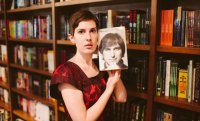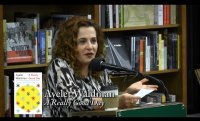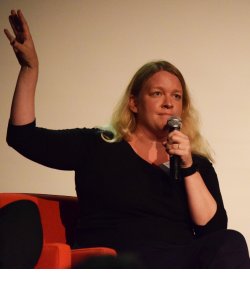End of May Prose Contest Deadlines
Attention fiction and creative nonfiction writers! You have until May 31 to submit your essays, short stories, and novels to the following contests, which offer prizes of at least $1,000 and publication:
Crab Orchard Literary Prizes: Two prizes of $1,250 each and publication in Crab Orchard Review are given annually for a short story and an essay. Entry fee: $12
Bridport Arts Centre Bridport Prize: A prize of £5,000 (approximately $6,250) each and publication in the Bridport Prize anthology is given annually for a short story. A prize of £1,000 (approximately $1,250) and publication is also given for a work of flash fiction. Peter Hobbs will judge in fiction; and Kit de Waal will judge in flash fiction. Entry fees: £10 (approximately $13) for fiction and £8 (approximately $10) for flash fiction.
BOA Editions Short Fiction Prize: A prize of $1,000 and publication by BOA Editions is given annually for a short story collection. Peter Conners will judge. Entry fee: $25
University of Georgia Press Flannery O’Connor Short Fiction Award: A prize of $1,000 and publication by University of Georgia Press is given annually for a collection of short fiction. Entry fee: $30
Elixir Press Fiction Award: A prize of $2,000, publication by Elixir Press, and 25 author copies is given annually for a short story collection or a novel. The editors will judge. Entry fee: $40
Visit the contest websites for complete guidelines and submission details. Visit our Grants & Awards database and Submission Calendar for more upcoming contests in poetry, fiction, and nonfiction.







